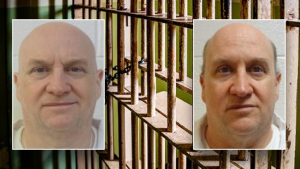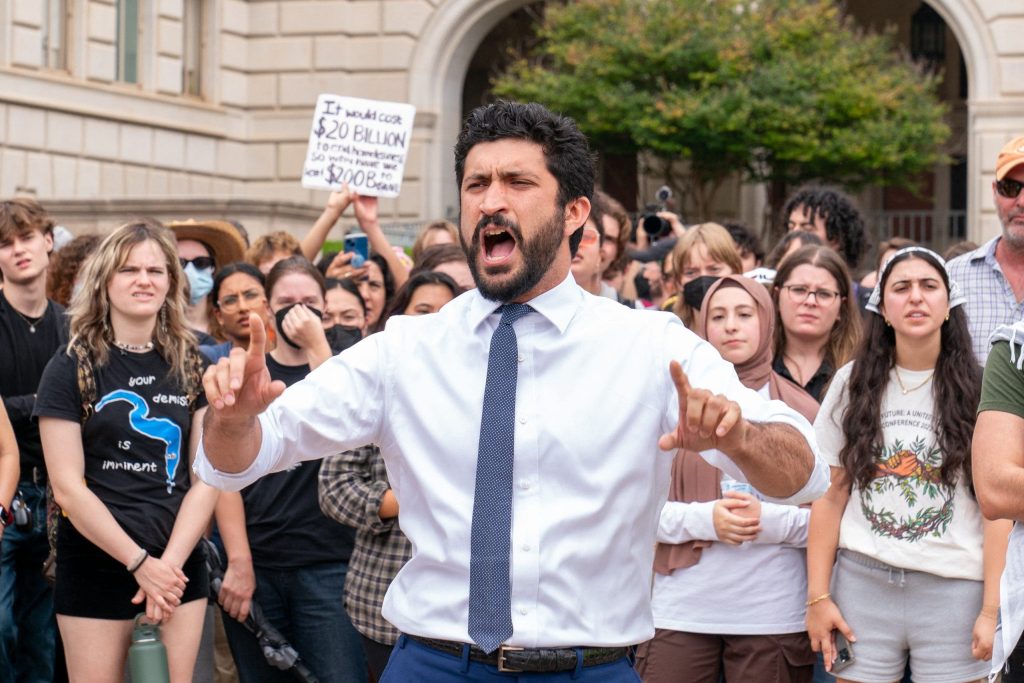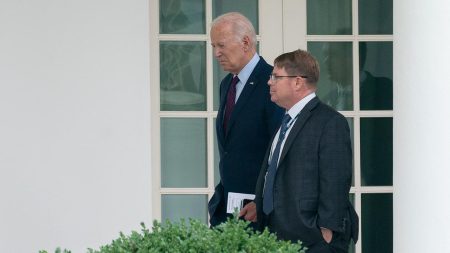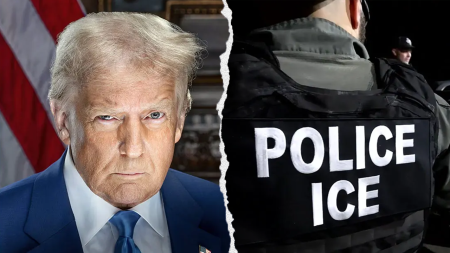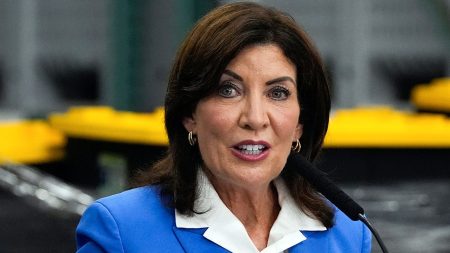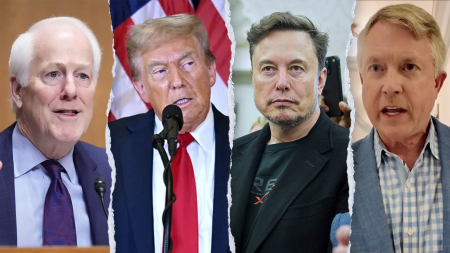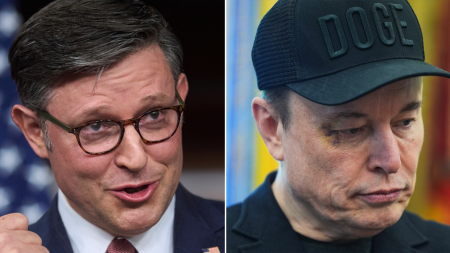Greg Casar, a newly elected Texas Democratic Congressman and the chair of the Congressional Progressive Caucus, has a history marked by his staunch progressive stance, particularly on issues of law enforcement funding. His tenure on the Austin City Council saw him spearhead efforts to reallocate police funding, a move that has drawn both praise and criticism. This approach now takes center stage as he assumes a pivotal leadership role within the House of Representatives, raising questions about the direction of the Democratic Party and its appeal to a broader electorate.
Casar’s time in Austin politics was characterized by his active pursuit of police reform. In 2020, he drafted legislation that resulted in a significant reduction of over $100 million from the Austin Police Department budget. This decision followed a series of police shootings involving people of color and sparked intense debate. The reallocated funds were channeled towards social programs such as abortion access, affordable housing, and food security, reflecting Casar’s prioritization of social welfare initiatives. These actions, while lauded by some as necessary steps towards addressing systemic inequalities, were met with sharp criticism from law enforcement organizations and some within the Democratic Party who viewed them as radical and politically damaging.
Beyond the budget cuts, Casar championed other significant policy changes impacting law enforcement. He spearheaded the “Freedom City” resolutions, which limited discretionary arrests for certain non-violent offenses and mandated informing individuals of their right to refuse immigration document requests. He also supported bans on non-lethal police munitions and specific chokeholds. These policies, while aligned with progressive ideals, further intensified the debate surrounding policing and public safety. Critics argued that these measures undermined law enforcement effectiveness and contributed to rising crime rates, while supporters viewed them as necessary to protect civil liberties and address racial disparities in the criminal justice system.
Casar’s ascension to the chair of the Congressional Progressive Caucus occurs at a critical juncture for the Democratic Party. Following the recent elections, there’s been significant internal reflection and debate about the party’s messaging and electoral strategy. Some, including prominent figures like Senator Bernie Sanders, argue that the party has lost touch with its working-class base and needs to adopt a more centrist approach. Others, like Casar, maintain that a stronger commitment to progressive values is the path to electoral success. This internal tension highlights the challenges facing the Democratic Party as it seeks to navigate a complex political landscape.
Casar’s leadership of the Congressional Progressive Caucus raises several crucial questions for the future of the Democratic Party. Will his uncompromising progressive stance resonate with a broader electorate, or will it further alienate moderate voters? Can he effectively bridge the divide within the party and unite diverse factions around a common agenda? His past actions and pronouncements suggest a steadfast commitment to progressive principles, but his recent acknowledgement of the need to prioritize winning elections indicates a potential willingness to adapt and compromise. The coming months and years will reveal how Casar navigates these challenges and shapes the direction of the progressive movement within the Democratic Party.
The ongoing debate within the Democratic Party underscores the fundamental tension between ideological purity and electoral pragmatism. Casar’s rise to prominence embodies this tension, as his unwavering progressive credentials are juxtaposed with the party’s broader need to appeal to a wider range of voters. The outcome of this internal struggle will significantly impact the Democratic Party’s future and its ability to effectively compete in upcoming elections. The challenge for Casar and other progressive leaders will be to find a balance between advancing their core beliefs and building a broader coalition that can achieve electoral success.
